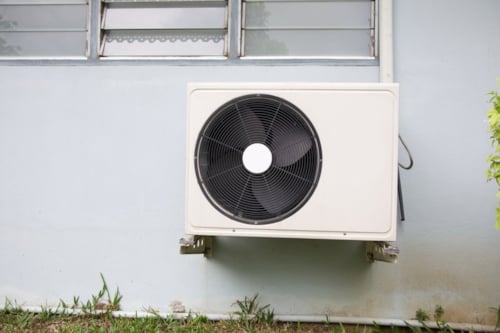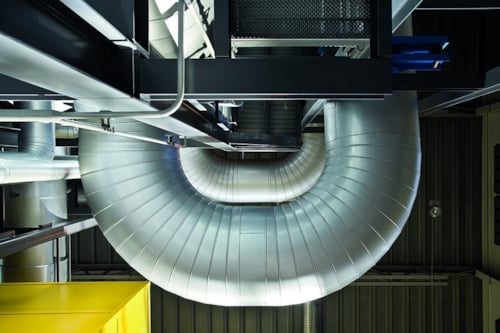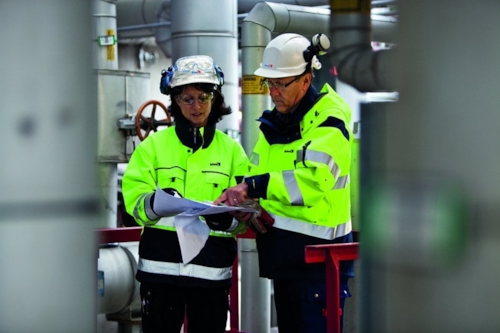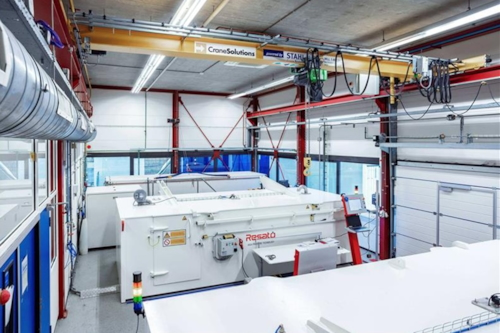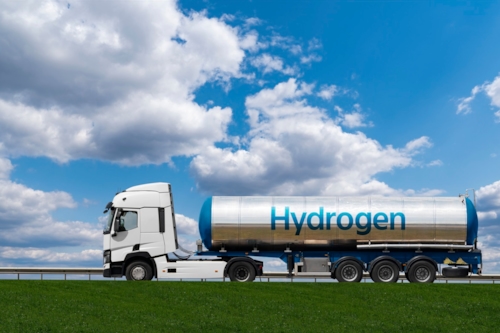NTA 8800: energy performance of heat pumps
The energy performance of a heat pump can be determined according to the NTA 8800, which is based on the European standards EN 16147 and EN 14825/EN 14511. The efficiency of the heat pump will be expressed in terms of the coefficient of performance (COP).
